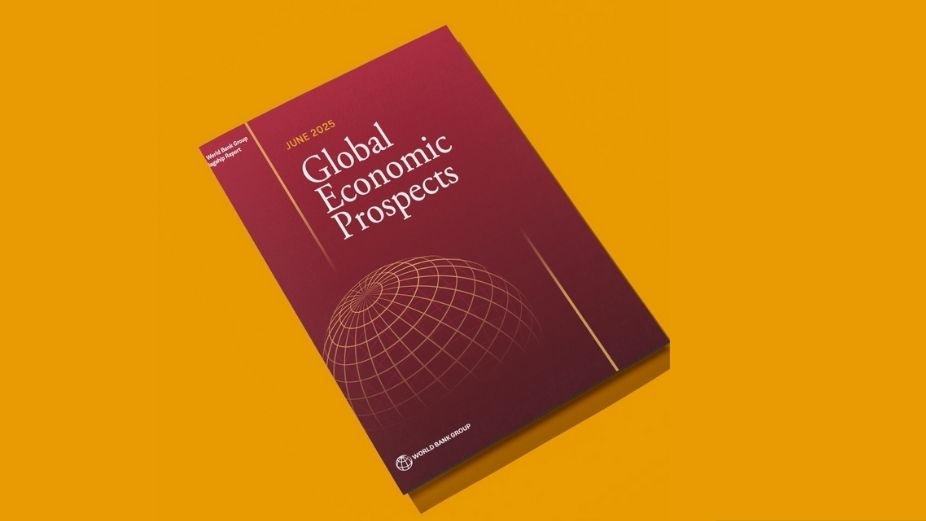
The latest Global Economic Prospects (GEP) report by the World Bank, published in June 2025, presents a cautious outlook for the global economy, highlighting persistent risks, uneven recovery and stagnating trade growth. For small island developing states like the Maldives, which remain heavily reliant on tourism and external financing, the projected slowdown in global growth and trade could have wide-reaching consequences.
The report notes that global growth is expected to stabilise at 2.6 percent in 2024 and 2.7 percent in 2025, a pace far below the average of the previous decade. Developing economies in particular face an uphill climb due to tight financial conditions, subdued investment and lingering inflation. This environment could lead to lower-than-expected demand for services like tourism, upon which the Maldivian economy is built.
A significant concern raised in the GEP is the deceleration in global trade. After a brief post-pandemic rebound, global trade growth has declined to its weakest pace since the early 2000s (outside of crisis periods), driven by sluggish investment and increased policy uncertainty. For the Maldives, which depends not just on tourism but also on imported goods and capital, any stagnation in global trade flows may impact supply chains and increase the cost of goods.
Moreover, the report flags that nearly one in four developing economies is poorer now than they were on the eve of the COVID-19 pandemic. This points to broader vulnerabilities in the global South, where resilience to future shocks remains limited. The Maldives, although performing relatively better in terms of post-pandemic tourism recovery, could still face indirect pressure as other countries reduce outbound travel or adjust aid and investment flows.
One of the report’s key warnings is about subdued investment growth, particularly in low and middle income countries. This may translate to slower infrastructure development and limited climate adaptation financing, both critical areas for the Maldives, especially as it pursues ambitious renewable energy targets and climate resilience projects.
Additionally, the World Bank calls attention to the weak outlook for productivity and private sector growth in emerging markets. The Maldives has seen a rise in public debt and relies on continued foreign investor confidence. Any loss in investor sentiment, stemming from global volatility or weaker capital flows, could place added pressure on the country’s external accounts.
While the report underscores the urgency of structural reforms such as improving business environments and increasing transparency, the ability of smaller economies to implement such changes quickly is often constrained by institutional capacity. For the Maldives, prioritising reforms that enhance financial sustainability and resilience to shocks could be critical as the global environment becomes more uncertain.
The World Bank also encourages developing nations to expand fiscal buffers, increase concessional financing and improve debt transparency. These are particularly relevant recommendations for the Maldives, given its recent credit rating concerns and debt sustainability issues. Preparing for potential shifts in international lending conditions and ensuring prudent fiscal management will be essential steps in the near future.
In essence, while the Maldives may not face an immediate economic downturn, the broader trends flagged in the GEP suggest the need for caution. Policymakers will likely need to monitor global economic signals closely, shore up domestic fiscal strategies and strengthen resilience to ensure continued growth in an increasingly volatile world economy.












